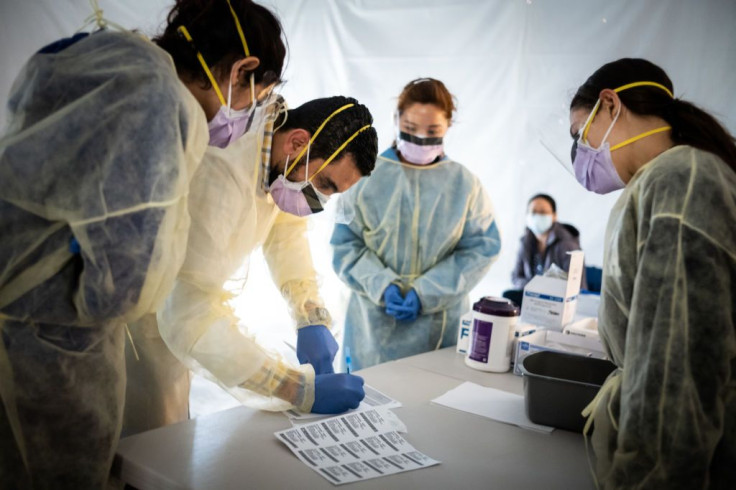Oxford-based firm Exscientia has teamed up with a British national science facility in its bid to find an effective treatment for COVID-19. Exscientia will use artificial intelligence to hunt through compounds that have previously passed human trials and screen them to test their effectiveness in fighting the deadly disease.
The Scripps research institute in California recently gave Exscientia access to its collection of more than 15,000 compounds, which the firm will try to repurpose to treat COVID-19. All these compounds were previously approved and tested for human safety in clinical trials and pre-clinical studies.
With the help of Diamond Light Source, which generates bright light that allows researchers to examine viruses, Exscientia will test the drugs on Covid-19 patients in the next six to 12 months. The firm will use its biosensor technology in screening the drug molecules and will focus on the components responsible for viral replication and the interaction between the virus and the human cell receptor that allows the virus to penetrate human cells.
“The drugs we are testing have either been approved by the FDA for other diseases or have been extensively tested for human safety,” said Professor David Stuart, director of life sciences at Diamond and professor of structural biology at Oxford University. “By being able to repurpose existing molecules, we can save a lot of time in the drug discovery process, meaning a faster route to clinical trials, and potentially a treatment for patients,” he added.
With the project already underway, Exscientia hopes to have all the data sets available within six to eight weeks. According to the firm, drug molecules that will pass the initial screening will then be tested further to make sure that they will work as treatment for COVID-19.
Exscientia has been working in collaboration with Diamond and Oxford University since January in developing methods for the production of viral proteins that can be subjected to drug screening and structural analysis. Their efforts have been particularly focused on the use of existing drugs, including the Japanese anti-flu drug favipiravir, Ebola drug remdesivir, and anti-malaria drug chloroquine.

© 2025 Latin Times. All rights reserved. Do not reproduce without permission.




